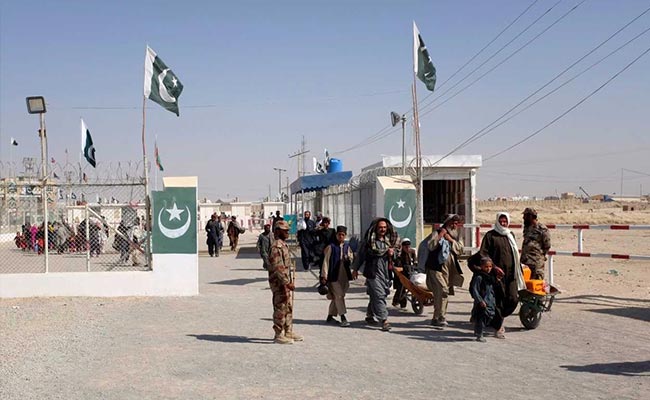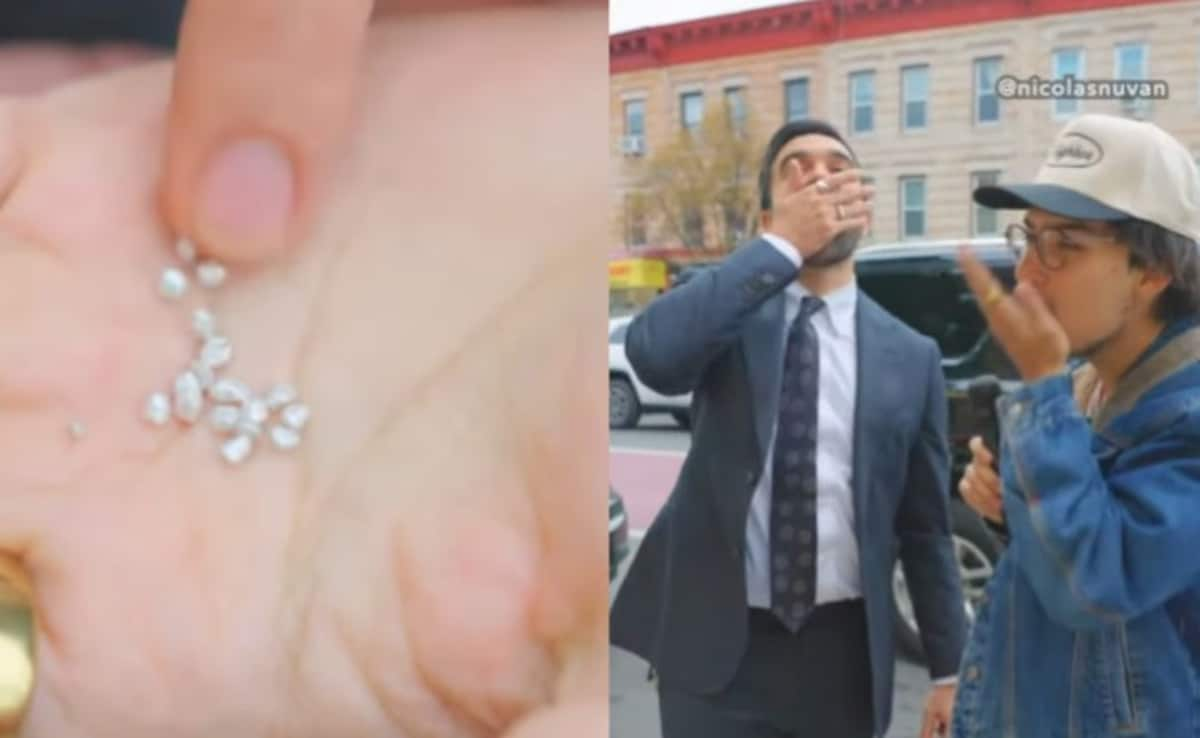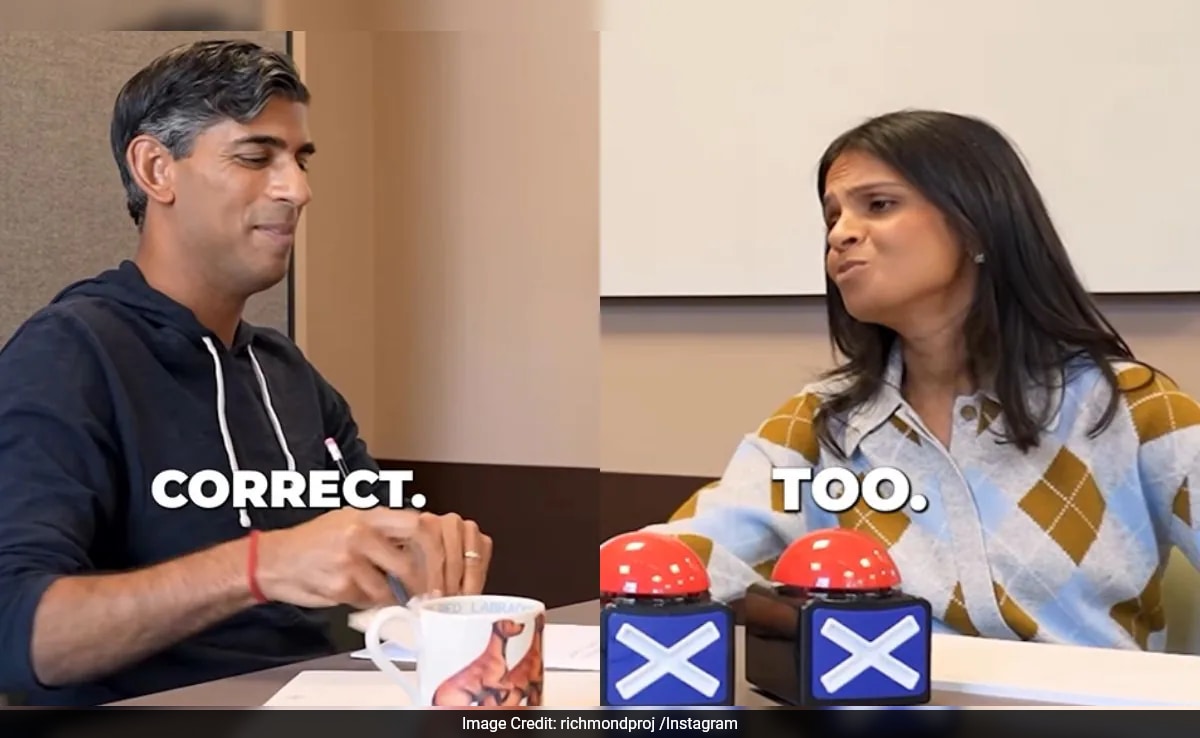In the E.U.’s version of a State of the Union speech, European Commission President Ursula von der Leyen sought to emphasize the 27-member club’s unity, celebrating the “strong soul in everything that we do.” This confidence is a sharp contrast to early 2021, when the bloc struggled with the bungled rollout of its vaccine campaign, which stalled its recovery and left the continent vulnerable to another deadly wave of infections.
Inoculation rates in the European Union have since accelerated dramatically, surpassing the United States and reaching the bloc’s goal of fully vaccinating 70 percent of adults late last month. But challenges remain, particularly in Eastern European countries like Bulgaria and Romania, where just 18 and 27 percent of people are vaccinated — disparities von der Leyen noted as “worrisome divergences.”
“Corona times are not over,” she said in the speech, a trilingual affair that lasted for about an hour and alternated from English to French and German. “We face new and enduring challenges in a world recovering and fracturing unevenly. So there is no question, the next year will be yet another test of character. But I believe that it is when you are tested that your spirit — your soul — truly shines through.”
The address, which took place at the European Parliament’s official home of Strasbourg in northeastern France, came exactly one month after Taliban fighters took control of Afghanistan’s capital and triggered an intense reexamination of the E.U.’s geopolitical clout, especially on military matters. European leaders expressed a sense of powerlessness after the withdrawal of American troops, reigniting a decades-old debate over whether the bloc needs its own army.
Von der Leyen endorsed calls for a 5,000-person rapid deployment force, but made a pointed critique of “the lack of political will” that has stalled past joint defense initiatives. She announced two new measures: a forthcoming declaration from the E.U. and NATO, and a summit focused on European defense with French President Emmanuel Macron, who has been one of the most persistent proponents for the bloc’s so-called “strategic autonomy.”
“Europe can — and clearly should — be able and willing to do more on its own,” von der Leyen said.
The Afghanistan crisis, which has already driven a large number of refugees from the country, has also highlighted the E.U.’s lack of a coherent migration and asylum policy. The commission presented a new plan last year, but it has languished in the months since and has yet to be implemented. Despite the “painfully slow” process, von der Leyen presented a rosy view, saying she believes “the common ground is not so far away.”
However, many European leaders remain anxious about a repeat of 2015, when the arrival of more than a million refugees caused political upheaval. This has prompted criticism from human rights groups that the bloc has been too slow to act, and it has underscored lingering divisions among member states, especially those that maintain a hard-line stance.
Von der Leyen used the address to unveil a number of wide-ranging new initiatives, from legislation that would promote media freedom to a bill that would encourage the European production of semiconductors, each met with a smattering of applause.
However, the crowd of politicos, officials and bureaucrats saved its loudest cheer for von der Leyen’s sole guest of honor, Beatrice Vio, a 24-year-old Italian fencer who overcame severe meningitis that forced amputation of her arms and legs to win her second gold medal at this year’s Paralympics in Tokyo.
“She has managed to achieve all of that by living up to her belief that, if it seems impossible, then it can be done,” von der Leyen said, as the hemicycle rose to a standing ovation. “This was the spirit of Europe's founders and this is the spirit of Europe's next generation.”
Quentin Ariès contributed to this report.
.png)











 English (United States) ·
English (United States) ·  Turkish (Turkey) ·
Turkish (Turkey) ·